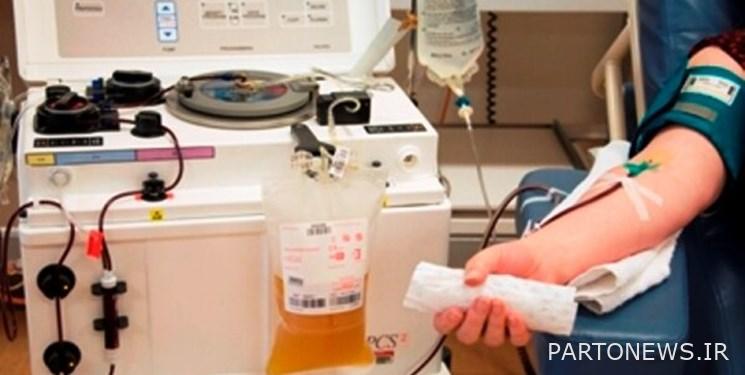Who are at risk of hemophilia?

According to Fars news agency’s health reporter, Gholamreza Bahosh, blood and oncology specialist at Radio Salamat, added: Hemophilia is caused by the lack of protein factors known as coagulation factors, of which there are 13. It occurs when there is a wound, or women are bleeding during menstruation, or in surgeries where the bleeding does not stop.
He continued: It is a rare disorder, but deficiency of factor eight is at the top and it is the most common hereditary factor, followed by hemophilia A, B, and point C. If any of these factors are lacking, hemophilia occurs.
This specialist in blood and oncology emphasized about the symptoms of hemophilia: the symptoms of hemophilia are deep bleeding and swelling in the gums or digestive system or in the muscles, which of course sometimes occurs in babies as well, most of which are hereditary hemophilia. and is born with a person.
Bahosh stated that in hemophilia A and B, the mother is a carrier and it is transferred to the fetus. Carriers do not know about their disease, and carriers must be identified. People who have a history of hemophilia in their family must be tested, and carriers can be diagnosed with hemophilia through genetic testing.
In the end, this blood and oncology specialist stated: Girls who bleed a lot during menstruation, and there is a problem in family members who have heavy bleeding, should definitely go to a doctor and centers related to hemophilia.
It should be noted that hemophilia is a hereditary bleeding disorder. A person with hemophilia is unable to stop the bleeding process due to the low level or absence of proteins called coagulation factors. Blood coagulation process helps to prevent excessive bleeding. There are different types of hemophilia, but the most common and well-known of them are hemophilia A – factor 8 deficiency, and hemophilia B – factor 9 deficiency.
end of message/
You can edit this article
Suggest this article for the first page

